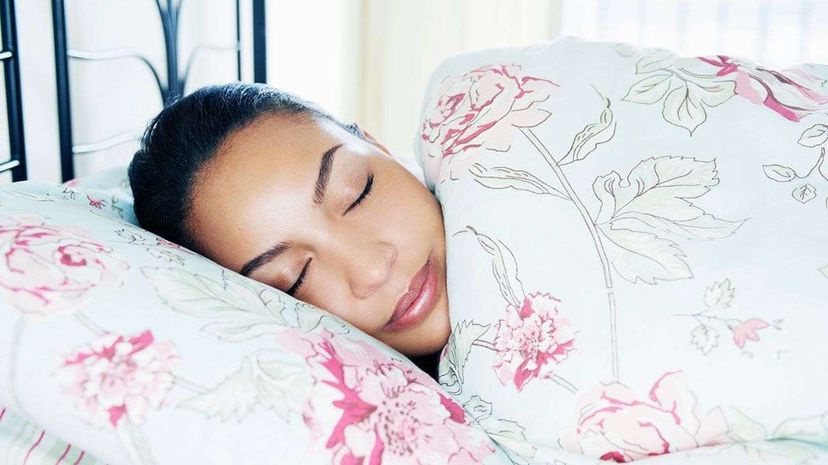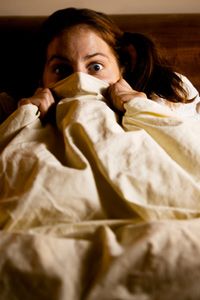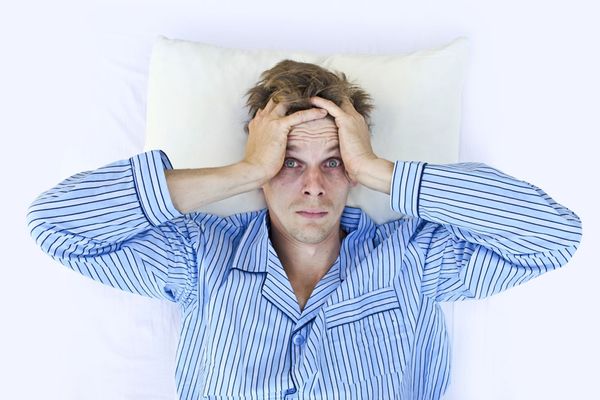
"The Sleep Revolution: Transforming Your Life One Night at a Time," Arianna Huffington's new book, came out this month and it got us thinking about ways to improve sleep. Experts have many recommendations, such as removing electronic devices from the bedroom or giving them blue-light filters; sticking to the same sleeping and waking times even on weekends; using a white noise machine and not drinking alcohol before bedtime.
But if you've tried all those tricks and are still having trouble falling asleep or staying asleep, there is one often-overlooked thing that may take care of all your sleep troubles: lowering the temperature in your bedroom.
Advertisement
Most of us have been conditioned by the electric company to set our thermostats at 78 degrees Fahrenheit (26 degrees Celsius) in the summer — maybe 75 F (24 C) at night — to save on energy and money. But that's not optimal for sleep. The National Sleep Foundation recommends setting your thermostat at between 60 and 67 F (16 and 19 C). Here's why:
A decrease in core body temperature (caused by a cooler room) is a signal to sleep. During a regular day, your body temperature rises and falls naturally. As it starts to fall, you become drowsy. Your body temperature gets to its lowest level at 5 a.m., and then climbs 2 or 3 degrees as the morning wears on.
If your bedroom is too warm, you're likely to wake in the night. When your core temperature (the temperature of your brain and abdominal cavity, as opposed to your skin temp) gets too high, you start to sweat, which cools down the body but keeps you from a restful sleep.
One study showed that people with insomnia had higher core body temperatures, which may be one reason they have trouble sleeping in the first place. Another study showed that heat exposure increased wakefulness and decreased slow wave (deep) sleep and rapid eye movement sleep (that's the period when you dream.)
As someone who suffers from insomnia, I've tried several sleep remedies including prescription pills like Ambien, Sleepytime teas and herbal supplements like valerian root. Those were just short-term measures. I also visited a sleep specialist who gave me the test for sleep apnea, which I didn't have. She prescribed light therapy (which involves sitting next to a bright light for an hour every morning) along with a dose of melatonin every day — the combination is supposed to reset your circadian rhythms and help you stay asleep. Didn't work for me.
After noticing that I kept waking up hot around 4 a.m., I tried lowering the temperature in my bedroom to 66 F (19 C). This was much lower than the 75 F (24 C) I was accustomed to, but in my case, lowering the thermostat worked. I now sleep pretty consistently through the night and haven't needed to take any more sleeping aids. To me it's worth the extra charge on my electric bill.
As the National Sleep Foundation says, think of your bedroom as a cave: It should be cool, quiet and dark for the best chance of rest.
Advertisement

